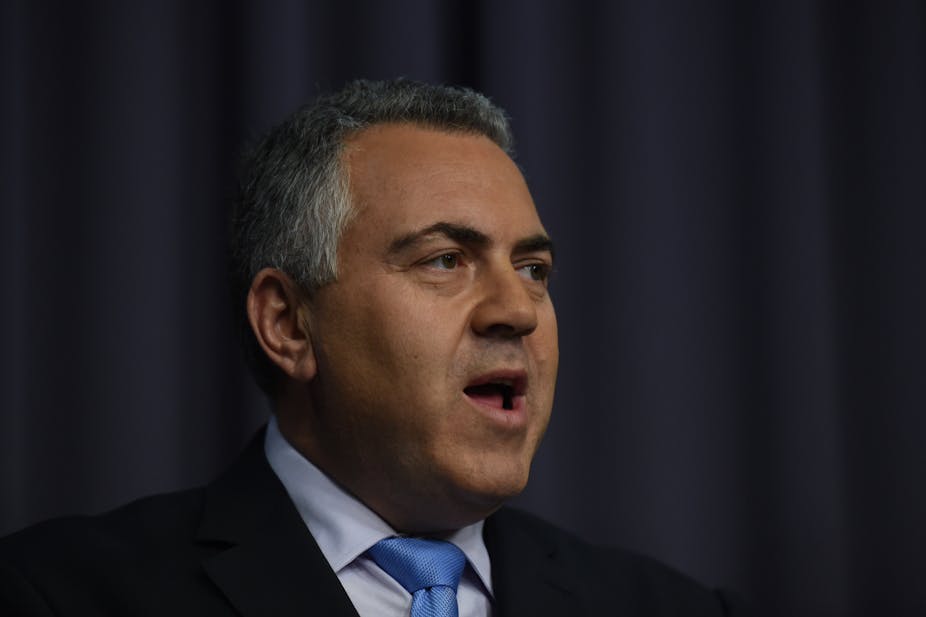In November 1990, then treasurer Paul Keating announced that Australia was in recession – and that it was “the recession we had to have”.
Today, there are growing calls for serious, structural economic reform of the kind we haven’t seen in Australia since the Hawke-Keating years. But there appears to be little appetite for it.
Unfortunately, it seems that reform will be postponed until we experience the crisis we have to have.
Advocates for reform
Former Treasury secretary Ken Henry has been among the leading voices warning that Australian politicians need to do a better job of selling the case for bigger-picture reform to the public.
He has criticised Australia’s obsession with exports and argued that governments are too afraid to support the “winners” in the economy.
Others calling for widespread change include the OECD, Business Council of Australia, Grattan Institute, PricewaterhouseCoopers and the Productivity Commission.
While still Treasury Secretary, Dr Henry argued that the “right answers” for long-term reform in Australia included:
- maintaining fiscal policy settings that lift national saving, including private saving, over time;
- pursuing further micro-economic reform, including tax reform, encouraging competition and improvements in education and health policies, to expand the nation’s supply capacity by lifting participation and productivity and to promote economic flexibility;
- and constructing policy settings relevant to population that support an expansion of the nation’s supply capacity, but in a socially and environmentally sustainable way.
Australia is facing a shrinking tax base, an ageing population, a lack of infrastructure, productivity challenges for workers and companies, and a widening gap between rich and poor.
Any reforms need to remember our egalitarian background. A crisis or a boom should not be an excuse to dump the idea of a “fair go”. A move away from this concept will risk our social unity and expand the gap between rich and poor.
Yet economist and former Labor government adviser Ross Garnaut says Australians and our political leaders have become complacent. Two decades of unbroken economic growth has made us forget about meeting the challenges of the future.
The crisis hypothesis
What will ultimately drive reform is another crisis. Crises are able to advance policy changes that have otherwise seemed impossible.
Unfortunately, the crisis often needs to be very bad before real change can occur.
What represents a crisis also varies from country to country.
A crisis for Australia might include a combination of problems. This may be low gross domestic product or poor economic growth, big current account deficits and high government debt.
As Dr Henry argues, it is time for a new reform story.
The reform battle ahead
The Gillard government had trouble developing its argument for reform. The current government is yet to properly develop such a story – though Treasurer Joe Hockey has been working on it. He has flagged that he plans to use the latest Intergenerational Report to push much harder on this issue early next year.
In an interview with the Treasurer last week, The Australian reported:
A massive spending burden threatens to tip the nation into decades of deficits, according to new government findings that will be released early next year to jolt parliament — and the public — into accepting another wave of budget reform. Setting a new strategy in the political fight over difficult savings, Joe Hockey has decided to hold back the official analysis to maximise its impact on national debate when parliament sits in February.
However, if the report and the government focus primarily on spending cuts, it still won’t be enough for Australia’s economic and social future.
Until we have a crisis, the road to reforming Australia’s economy will not be an easy one. We all have self-interested demands and many prefer the status quo.
Another challenge is the belief that we are an exceptional case and that recessions are things of the past. Yet one day a crisis will visit us again. Our window of opportunity to embrace change is now.

